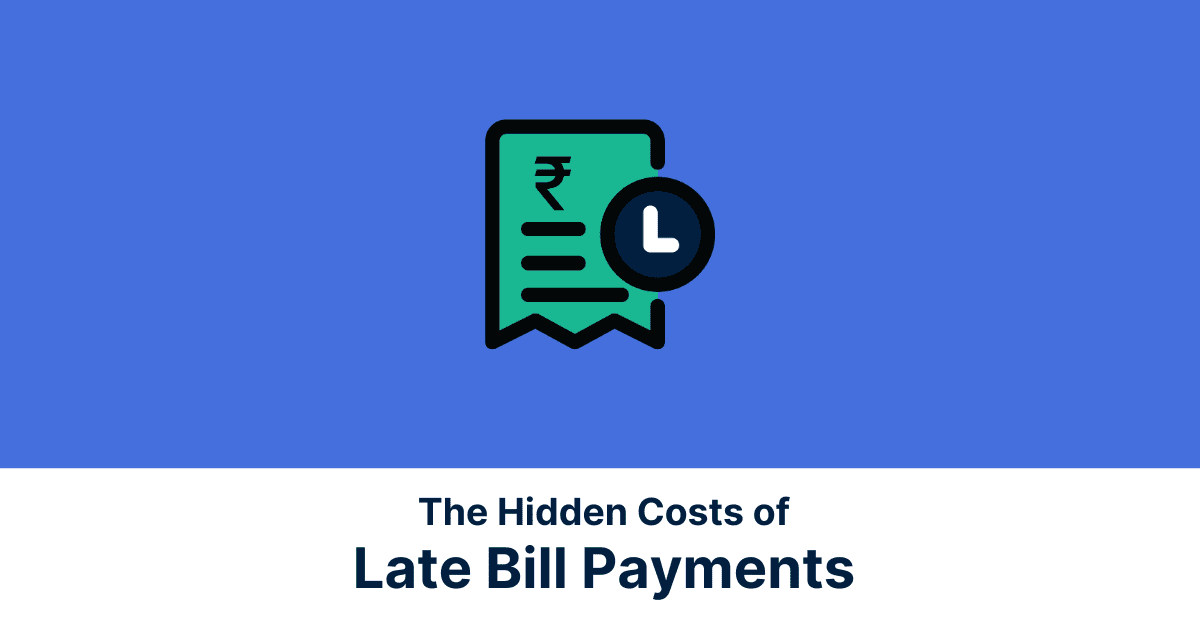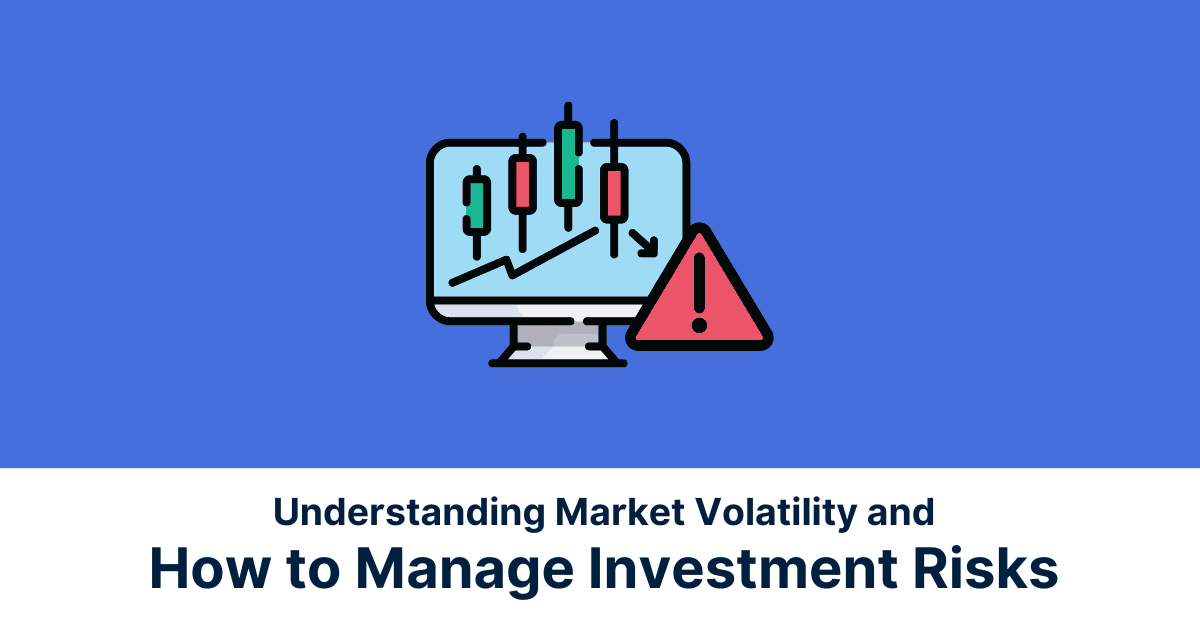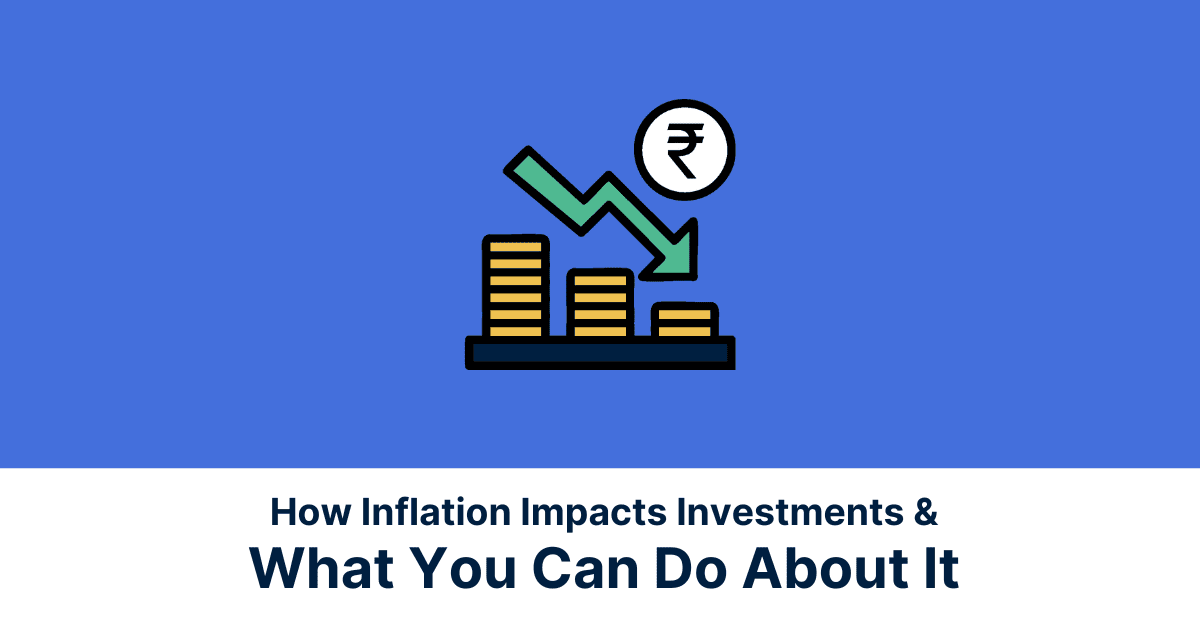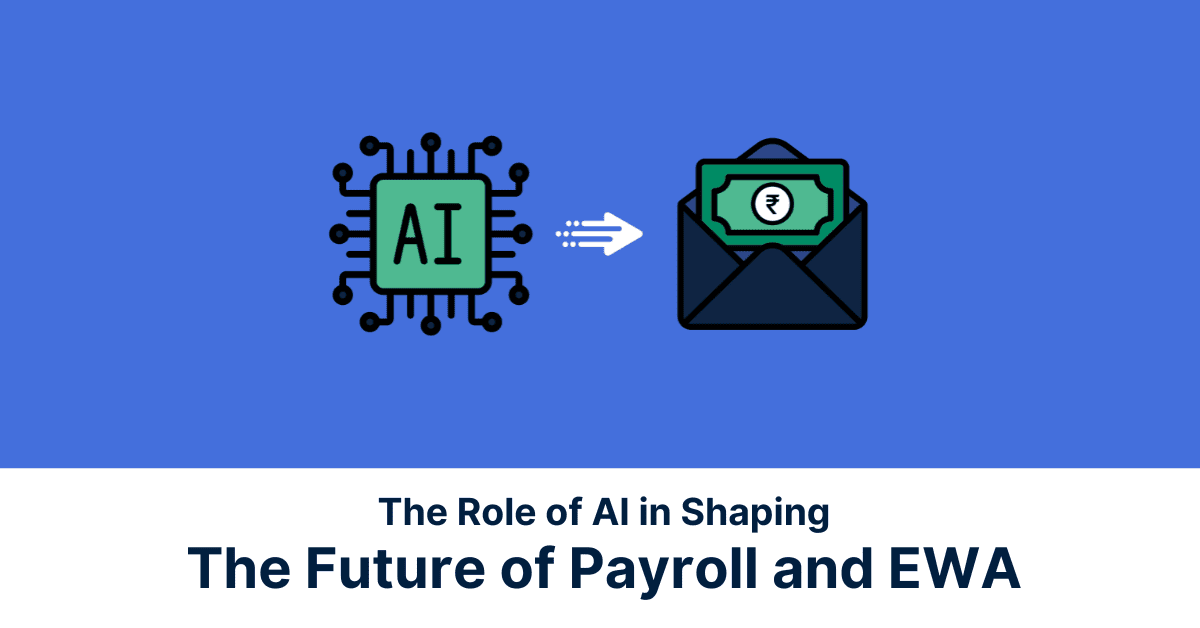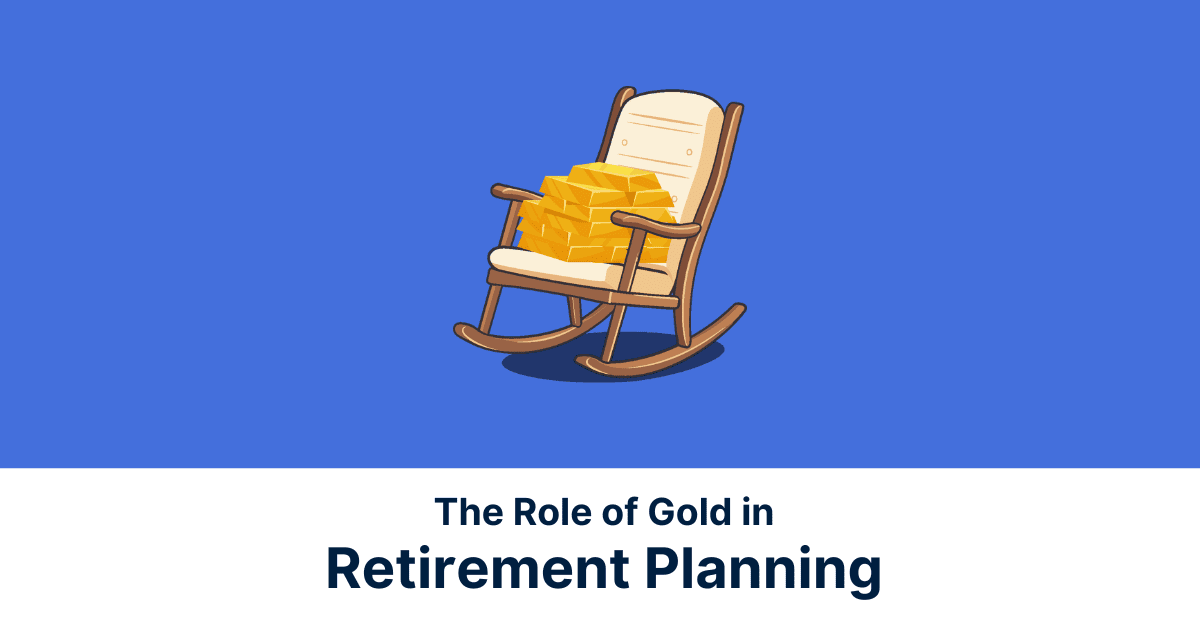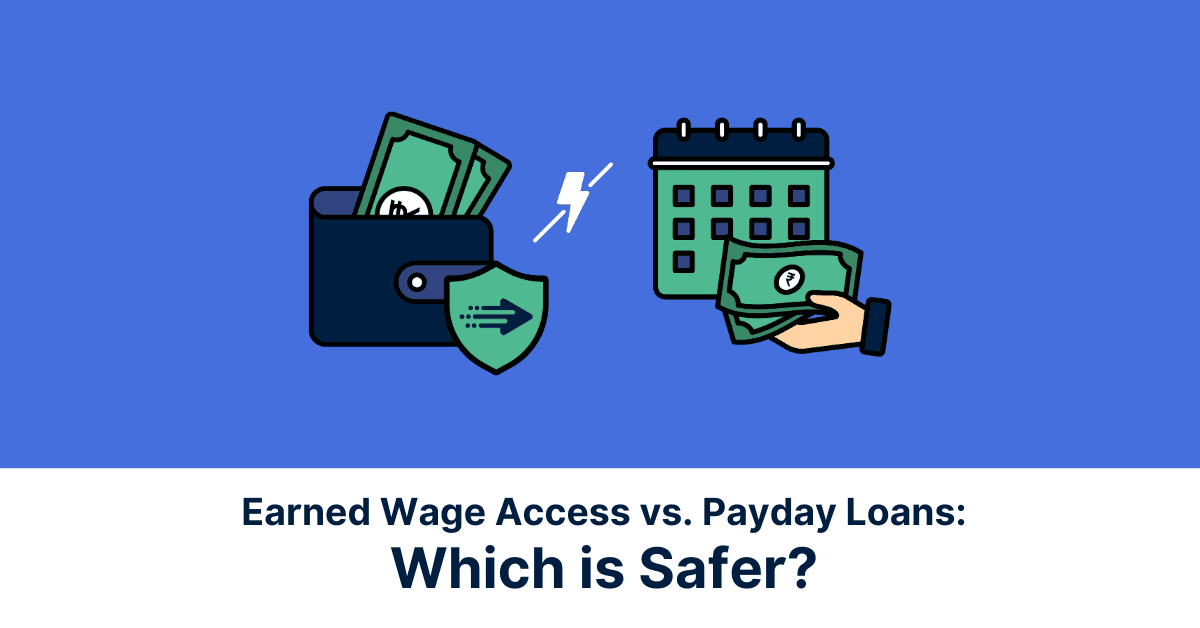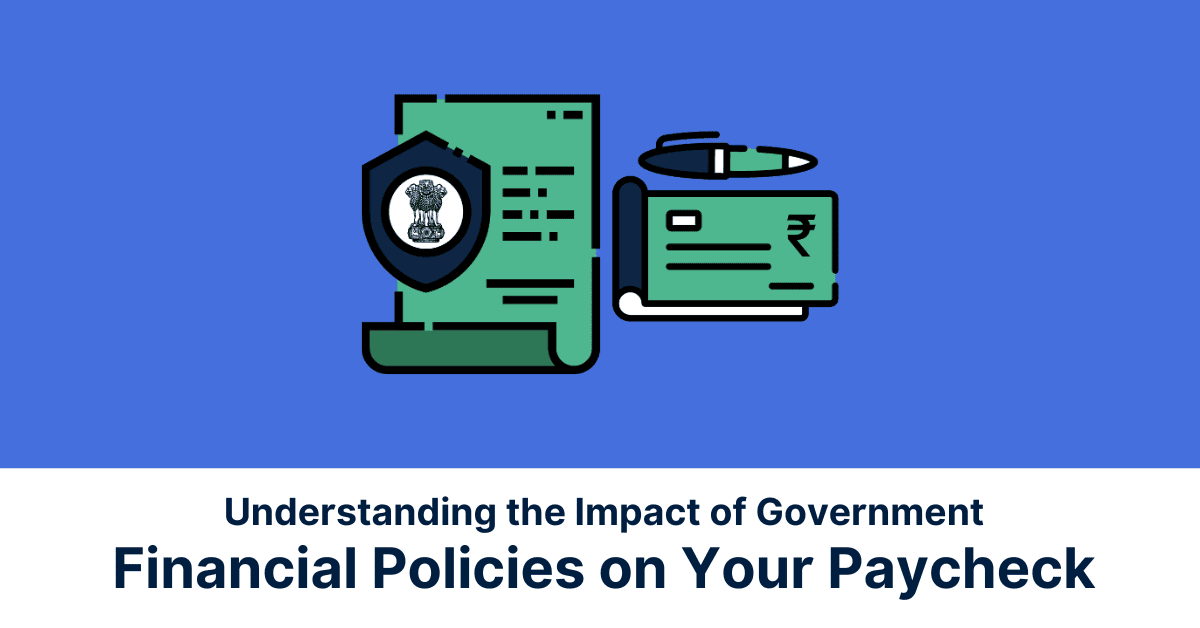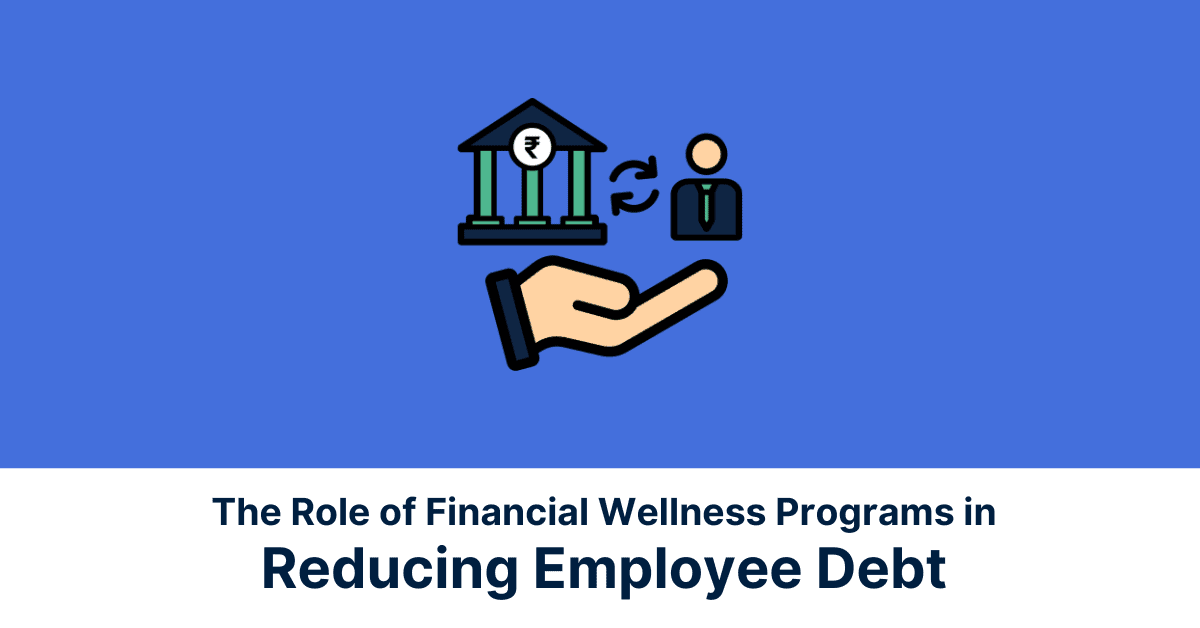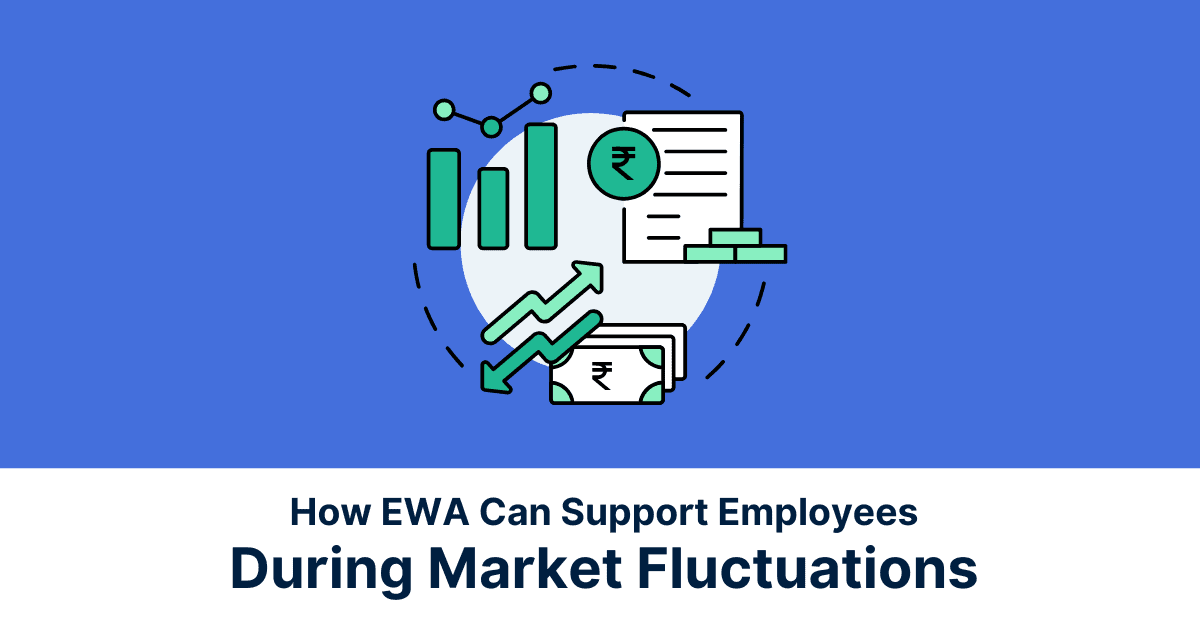Paying bills late might seem like a harmless delay, but the reality is far more costly than one might think. Beyond the inconvenience, late payments can trigger penalties, higher interest rates, and even long-term damage to your credit score. What starts as a small oversight can quickly snowball into a financial burden, affecting your ability to borrow, access essential services, and maintain financial stability. Delayed payments also disrupt MSME growth, and the numbers reveal the gravity of the situation—52% of B2B payments in major cities remain overdue for over 90 days.
Here, we’ll understand the hidden costs of late bill payments and practical strategies to stay on top of your finances. From setting up automatic payments to building an emergency fund, these simple steps can help you avoid unnecessary expenses and safeguard your financial future. Let’s dive in!
The True Cost of Paying Bills Late
Paying bills late might seem like a minor inconvenience, but the hidden costs can add up quickly, impacting your finances in ways you may not expect. Let’s look at some of them.
Late Fees and Penalties
Banks, credit card companies, and utility providers impose late fees and penalties on overdue payments as a hedge against missed deadlines. Credit card companies typically charge a flat fee or a percentage of the outstanding balance when payments are delayed. Similarly, banks may impose fees on overdue loan payments, while utility companies add penalty charges to unpaid bills.
These additional costs can accumulate over time, increasing the total amount owed. For recurring services like rent or insurance, habitual late payments may result in even stricter consequences, such as contract termination or legal action. The longer a bill remains unpaid, the higher the penalties, creating a financial burden that could have been avoided with timely payments. Staying organised and setting up automated payments can help prevent unnecessary fees and keep finances in check.
Higher Interest Rates
Missing bill payments can have long-term financial consequences, particularly when it comes to credit cards and loans. When payments are delayed, credit card companies often apply penalty interest rates, significantly increasing the cost of borrowing. For example, a missed payment could trigger an automatic jump to the card’s highest possible annual percentage rate (APR), making it harder to pay off debt.
Likewise, lenders view late payments as a sign of financial instability, which can result in higher interest rates on future loans, including mortgages and auto financing. Over time, these increased costs reduce disposable income, making it even more challenging to meet financial obligations. To avoid this, maintaining a payment schedule and setting reminders can help ensure bills are paid on time, preventing unnecessary interest rate hikes that could derail long-term financial goals.
Credit Score Damage
Late bill payments have a direct impact on credit scores, which play a crucial role in financial credibility. Payment history is one of the most significant factors in determining a credit score, and even a single late payment can lower it. Credit bureaus track overdue payments and categorise them based on how late they are—30, 60, or 90 days past due.
The longer the delay, the more severe the impact. A lower credit score makes it harder to secure loans, credit cards, or even rent an apartment, as lenders and landlords assess creditworthiness before approval. A poor credit score can lead to higher interest rates on future loans, making borrowing more expensive. The best way to protect your credit score is to consistently pay bills on time and, if necessary, negotiate with creditors before a payment is missed.
Service Disruptions
Late payments on essential services such as electricity, water, internet, and mobile phone bills can lead to service disruptions. Most utility providers have grace periods, but consistent non-payment can result in temporary suspension or permanent disconnection. Once disconnected, restoring service may require paying outstanding dues, reconnection fees, and even security deposits.
Losing access to vital services like electricity and internet can create inconvenience, especially for those working remotely or relying on digital platforms for daily activities. Additionally, a history of late payments may lead to stricter terms, such as higher security deposits or prepayment requirements.
To prevent service disruptions, setting up automatic bill payments or scheduling reminders can ensure bills are settled before the due date. If financial difficulties arise, communicating with service providers for alternative payment arrangements can help maintain uninterrupted access to essential services.
Debt Accumulation
Unpaid bills don’t just disappear—they accumulate, leading to a cycle of increasing debt. When a bill remains unpaid, additional charges such as late fees, penalty interest, and collection agency costs start to pile up. Credit card debt, in particular, can quickly snowball due to high-interest rates, making it harder to pay off balances over time. Additionally, unpaid debts may be handed over to collection agencies, resulting in further financial stress and possible legal consequences.
This accumulation of debt reduces financial flexibility, making it difficult to save, invest, or cover unexpected expenses. The best way to prevent debt from spiraling out of control is to prioritise payments, budget effectively, and seek financial assistance if struggling. Addressing overdue bills promptly can help break the cycle of debt and maintain long-term financial stability.
How to Avoid Late Bill Payments
To safeguard your investments from inflation, it’s crucial to adopt strategies that help preserve purchasing power and maintain strong returns.
Setting Up Automatic Payments
One of the easiest ways to avoid late bill payments is by setting up automatic payments through your bank or service provider. Automation ensures that bills are paid on time without the risk of forgetfulness or last-minute delays. Most banks offer autopay options where funds are deducted directly from your account on the due date, eliminating the hassle of manual payments.
This method is especially useful for recurring expenses such as rent, utility bills, and loan repayments. However, it’s essential to ensure sufficient funds are available to avoid overdraft fees. Regularly reviewing your account statements will help you stay on top of payments and avoid any unauthorised deductions. By automating your payments, you can maintain a stress-free financial routine and protect yourself from late fees, penalties, and credit score damage.
Using Payment Reminders
For those who prefer manual payments, setting up reminders can be an effective strategy to avoid missing due dates. Mobile banking apps, budgeting tools, and calendar alerts can notify you before a bill is due, giving you enough time to make the payment. Many financial institutions and service providers also offer SMS or email reminders, ensuring you stay informed about upcoming deadlines.
Imagine having a super-organised buddy on your phone – that’s what a budgeting app can be. Think of it as having X-ray vision for your bank account, now you can suddenly see exactly where every rupee is sneaking off to and when those bills are about to pop up and hit you with a reminder. Whether it’s a simple ‘ding!’ on your phone or a fancy app laying out your whole money world, these little reminders are surprisingly powerful. They’re like the easy button for keeping your payments on schedule and your financial life a little less chaotic.
Aligning Payment Dates with Paychecks
Try syncing your bill payments with when your salary hits your account to make managing your money smoother. Doing this is like setting your financial life to cruise control! Many companies these days let you tweak your due dates, so you can often schedule things to come out right after payday. This way, the big stuff – rent, electricity, loan payments – gets taken care of before you even think about that new gadget or extra takeout.
If you can’t change the due dates, no sweat! Set that money aside pronto, so you’re not tempted to accidentally spend it on something else. Think of it as paying Future You first! By making your payment schedule align to the rhythm of your income, you create a solid plan that keeps your finances on track and those dreaded late payment fees far, far away.
Creating a Monthly Budget
Think of a budget as your personal financial roadmap – it shows you exactly where your money is coming from and where it’s going. It’s like shining a spotlight on all those regular bills – rent, electricity, loan payments, those sneaky subscriptions – so you know exactly how much you need to keep aside each month.
A budget also helps you be a bit of a financial boss! You get to decide what’s most important and make sure they get paid before you splurge on that impulse buy. This way, you’re way less likely to have those ‘oh no, it’s due today?!’ moments.
And the golden rule, once you get paid, earmark that bill money right away – like putting it in its own little piggy bank (digital or otherwise!). With a solid budget in place, you’ll feel totally organised, those last-minute payment panics will be a thing of the past.
Building an Emergency Fund
If you’re thinking about having a financial superhero cape: it’s the emergency fund! Think of it as that safety net that catches you when life throws a curveball – like a surprise job loss, a sudden trip to the doctor, or your car deciding to take an unscheduled vacation to the repair shop. These things can really mess with your regular income and make it tough to pay your bills on time.
But here’s the magic: by tucking away a little bit of your earnings each month, you’re building up this awesome fund. Aim for enough to cover your essentials for at least three to six months. This cozy financial cushion acts like a shield, protecting you from those nasty late fees, a dinged-up credit score, and having your services cut off when the unexpected happens.
Keep this stash in a separate account that’s easy to get to – you don’t want to jump through hoops when you really need it. An emergency fund isn’t just about having money; it’s about having peace of mind.
What to Do If You Miss a Payment?
Contacting the Service Provider
If you’ve slipped up and missed a bill payment – don’t panic! Think of it like tripping, the first thing you do is try to catch yourself, right? Same here. Your absolute first move is to reach out to the company you owe. Pick up the phone, send an email, hop on their chat – whatever works.
You’d be surprised how many banks, credit card folks, and utility companies are actually human! They often have wiggle room, like grace periods or the option to push your payment date back a bit, especially if you explain what’s going on. Being upfront can sometimes even get those annoying late fees waived or help you work out a new way to pay. Some might even let you shift your due date permanently so it lines up better with your payday.
If this was just a one-off case, mentioning that you usually pay on time and explaining the situation can really help your situation. They’re more likely to be understanding if you’ve got a good track record. Ignoring the problem is like letting a little cut get infected – it’ll just get worse with bigger penalties, your services getting cut off, or a nasty mark on your credit score. So, talking to them not only eases the immediate stress but also keeps things good with the company down the line.
Prioritising Debt Payments
When multiple bills are overdue, it’s important to prioritise payments strategically to minimise financial damage. Start by covering essential expenses such as rent, utilities, and loan payments to avoid severe consequences like eviction, service disconnection, or legal action. High-interest debts, such as credit cards, should also be addressed quickly to prevent accumulating interest charges.
If funds are limited, consider making at least the minimum payments to avoid additional penalties. Creating a repayment plan can help distribute payments effectively without overwhelming your budget. If necessary, explore options like debt consolidation or speaking with a financial advisor for guidance. Taking a structured approach to overdue bills ensures you regain control of your finances and prevent long-term damage.
Checking and Improving Your Credit Score
If you have defaulted with a bill payment and your credit score took a little hit – it happens! But don’t worry, it’s not a life sentence for your credit. First things first, take a peek at your credit report to see the damage and make sure everything on there is actually correct. If it was just a one-time slip-up, the quickest way to start healing your score is to get that account current ASAP.
Moving forward, the golden rule is consistent, on-time payments. Set up those automatic payments or those handy reminders on your phone – anything to avoid future oops moments. If that late payment has already been reported, it’s worth a shot to politely ask your lender for a ‘goodwill adjustment’, especially if you’ve been a reliable payer in the past.
Beyond that, keep your credit card balances low and try not to open a bunch of new credit accounts all at once. Think of it like tending a garden – with consistent good habits, you can nurture your credit score back to health and get yourself in good shape for any future loans or credit you might need.
Final Thoughts: Stay Ahead of Your Bills
Late bill payments come with costly consequences, including late fees, higher interest rates, credit score damage, service disruptions, and mounting debt. However, you can avoid these pitfalls by setting up automatic payments, using reminders, aligning due dates with your income, creating a monthly budget, and building an emergency fund.
If you do miss a payment, act quickly—contact your service provider, prioritise overdue bills, and take steps to rebuild your credit score. Developing smart financial habits ensures you stay in control of your money, reduce unnecessary stress, and protect your financial future. Start today and make timely bill payments a priority!
*Disclaimer:
The information contained herein is not intended to be a source of advice concerning the material presented, and the information contained in this article does not constitute investment advice. The ideas presented in the article should not be used without first assessing your financial situation or without consulting a financial professional.
